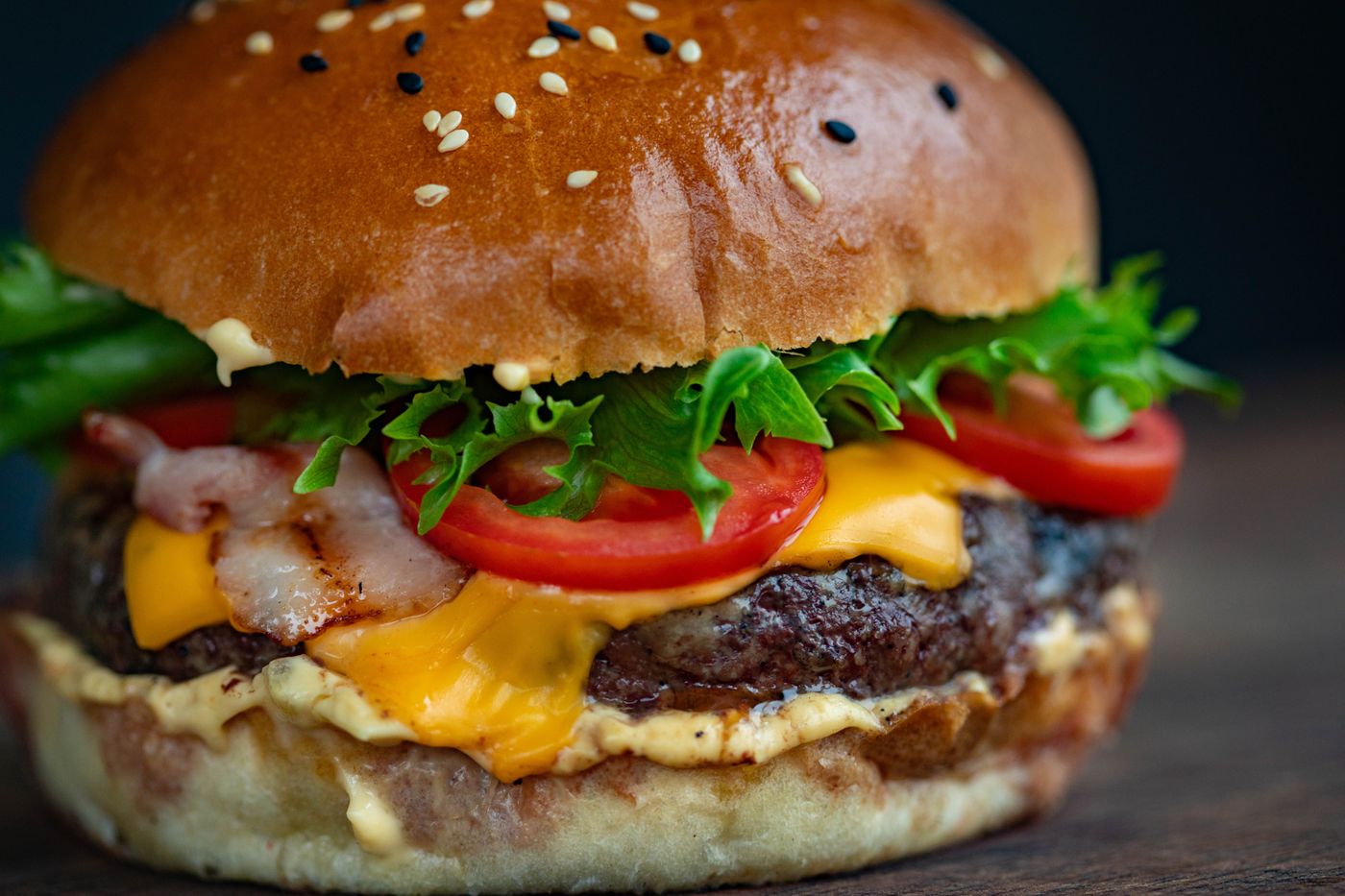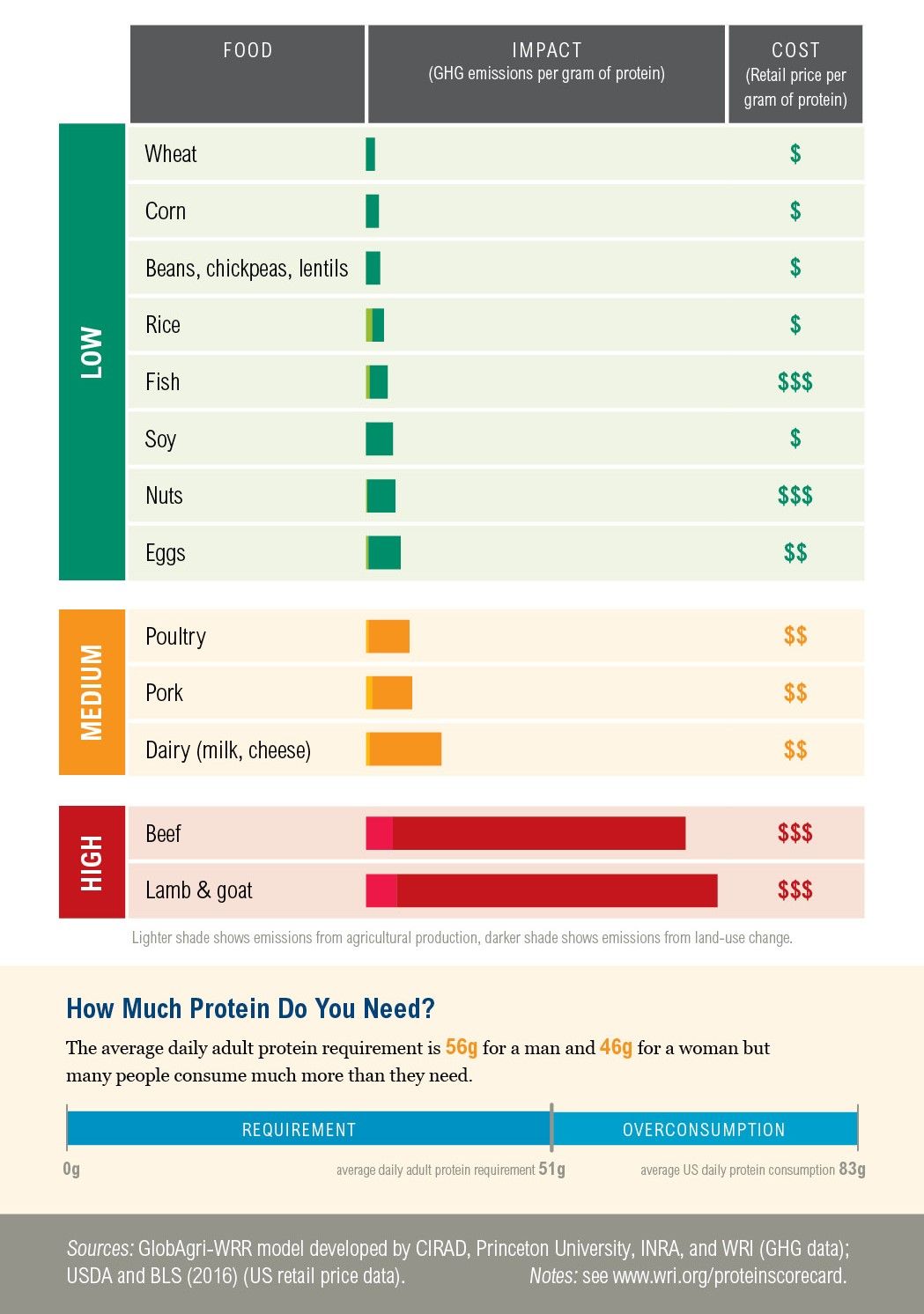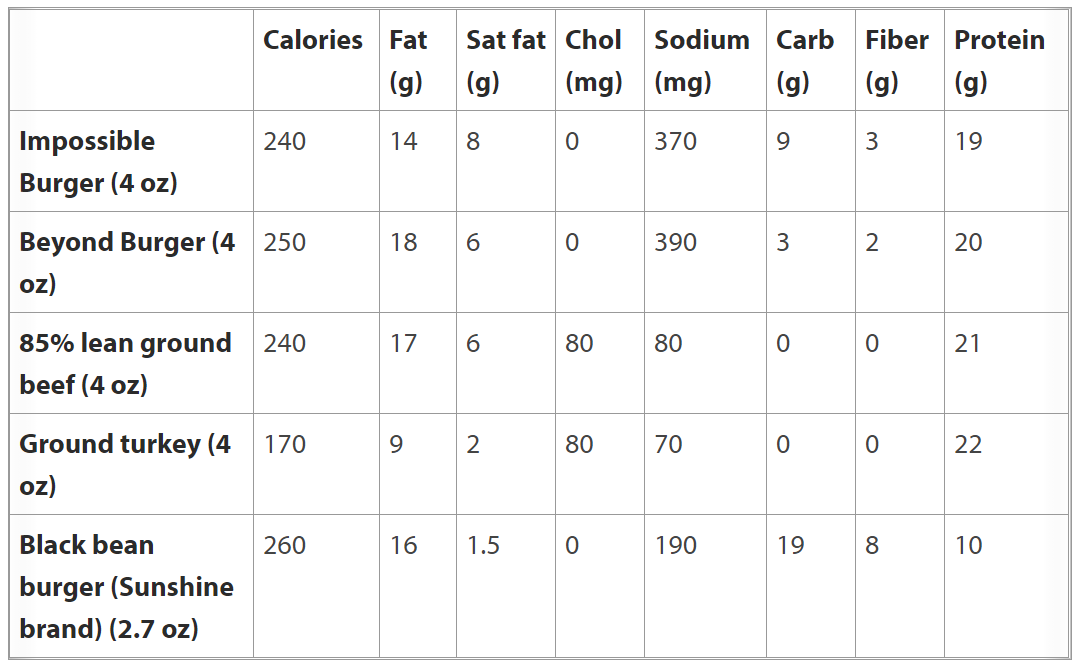There is no chicken in Maixiang chicken, and no cow in Big Macri. Will artificial meat be the solution to global warming? [Greenhouse Gas/Plant Meat/Cultured Meat]

Have you ever imagined that the steak you eat in your mouth is no longer from the slaughter of live beef cattle, but from a large number of laboratory cultures? Today, the "artificial meat" industry is booming, and the production cost, which was previously high, is declining due to huge investment and technological breakthroughs. In the future, the commercialization of artificial meat will impact the traditional livestock industry and become an additional option for consumers to buy meat products.
What is artificial meat?
At the beginning of this century, the development of science made a great leap forward. Scientists proposed the concept of cultivating muscle cells in the laboratory, and also developed artificial meat produced from plant protein as raw material. In fact, the vegetarian meat that we are very familiar with is also a kind of artificial meat. Because the price of real meat is too high during worship, many manufacturers have launched vegetarian chicken, vegetarian fish, vegetarian seafood and other relatively low-priced meat products for consumers to worship. when there are more choices.
Artificial meat is divided into "plant meat" and "cultured meat"
At present, artificial meat on the market can be divided into plant-based meat and cell-based meat through raw materials and production methods. The fundamental difference between the two lies in the main raw materials.
Plant meat is made from grains, beans and other plants, and its protein is extracted as raw materials. The production method of industrialized machines is adopted. By changing the protein arrangement and tissue structure, the muscle fiber arrangement and taste similar to real meat are produced.
Cultured meat is to take out muscle stem cells from animals, and give them necessary nutrients for growth in a bioreactor to promote their expansion into muscle fiber tissue, and then through different growth racks, cultivate different arrangements of artificial muscle tissue. .
Why did artificial meat become popular?
- Huge greenhouse gas emissions from animal husbandry exacerbate global food problems
According to the United Nations Food and Agriculture Organization (FAO) , animal husbandry alone accounts for 14% of global greenhouse gas emissions, of which up to two-thirds come from cattle. As global population and average income rise, total global meat consumption continues to grow. According to the FAO report "Feeding the future" in 2011, the total global meat consumption will reach 463.8 million tons in 2050, an increase of 73% compared to 2010.
Under the trend of massive greenhouse gas emissions from animal husbandry, serious pollution to the environment and rising consumption of meat products, "artificial meat" with low greenhouse gas emissions, no pollution and no killing has become a hot topic today. The company invested, such as Beyond Meat , Impossible Foods , Future Meat , etc., and received high attention from investors.
- Artificial meat has extremely low greenhouse gas emissions
According to a 2016 report by the World Resources Institute (WRI) , pulses, grains, eggs, etc., produce greenhouse gases (green house gas emmisions per gram of protein) compared to poultry such as beef and pork. gram of protein) is very low.
If artificial meat can be produced by using beans and grains as raw materials, in addition to greatly reducing greenhouse gas emissions and saving land area, the energy conversion efficiency in the production process of artificial meat is 6 times higher than that of farmed meat, which can effectively reduce the consumption of meat by humans. Greenhouse gas emissions from products.

The artificial meat company Future Meat claims that their manufacturing model is more efficient than traditional methods, saving up to 99% of land use and 80% of greenhouse gas emissions.
- The production process of artificial meat is safe, clean and non-killing
Traditional animal husbandry methods require a large number of antibiotics to allow livestock to grow healthily and rapidly. This will greatly promote the resistance of bacteria and viruses to antibiotics, which will pose a major threat to human health in the near future. Artificial meat can greatly slow down the deterioration of such problems.
In addition, the production process of artificial meat does not include slaughtering, washing, dismembering and other vulnerable links, and the production environment is highly regulated, so there is no need to worry about microorganisms such as Escherichia coli and Salmonella, so it is also called "clean meat". .
Artificial meat still has many problems to overcome
- Production costs are too high
In fact, artificial meat has been on the market since 2013. It was cultivated in the laboratory by a Dutch research team and produced a piece of hamburger meat costing about NT$8.73 million. Compared with 2013, although the production cost of artificial meat has been reduced a lot, it is still difficult to compare with real meat products. Aleph Farms, a new startup in Israel, currently produces about 450 grams of hamburger steak, and the production cost is as high as NT$3,000. Beyond Meat also said that it hopes that the price of artificial meat products produced by the company can compete with traditional meat products in 2024.
- Additives raise health concerns
Although the nutritional value of artificial meat currently on the market is comparable to that of ordinary meat, the additives in the cultivation process will cause a physical burden. Products such as Beyond Meat and Impossible Foods have 390 mg and 370 mg of sodium per 100 g respectively, which is more than 5 times higher than that of beef (72 mg).

As sustainable development, food, animal friendliness (animal welfare), health and other issues have become mainstream, artificial meat has brought a very high volume. American management consulting firm AT Kearney predicts that artificial meat will become the mainstream product on the market in 2040, accounting for 60% of meat products. Although the current regulations and consumer acceptance are not yet clear, as more and more companies and countries attach importance to sustainable development, artificial meat companies will overcome problems such as cost and eating health in the near future. I believe that one day artificial meat can replace cultured meat and create a sustainable future world for us.
"If you like the content of Li Buddha, please don't be stingy to give me encouragement!"
"If you have any ideas or suggestions after reading it, you are also welcome to put them forward for discussion!"
Like my work? Don't forget to support and clap, let me know that you are with me on the road of creation. Keep this enthusiasm together!

- Author
- More